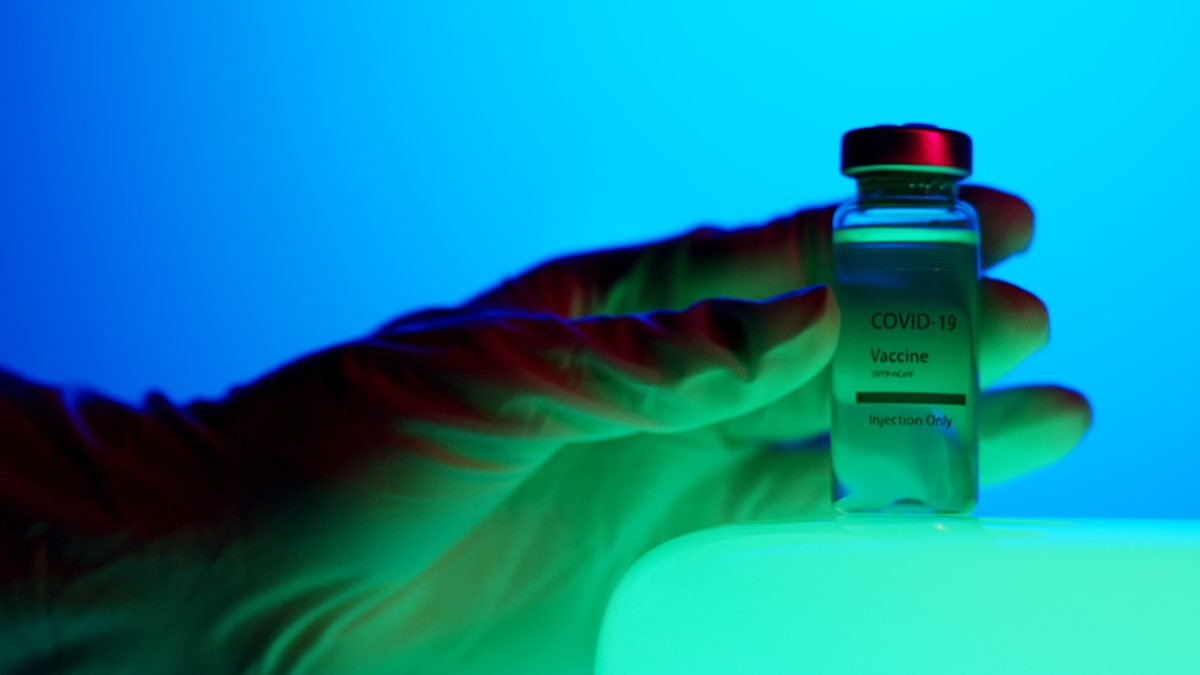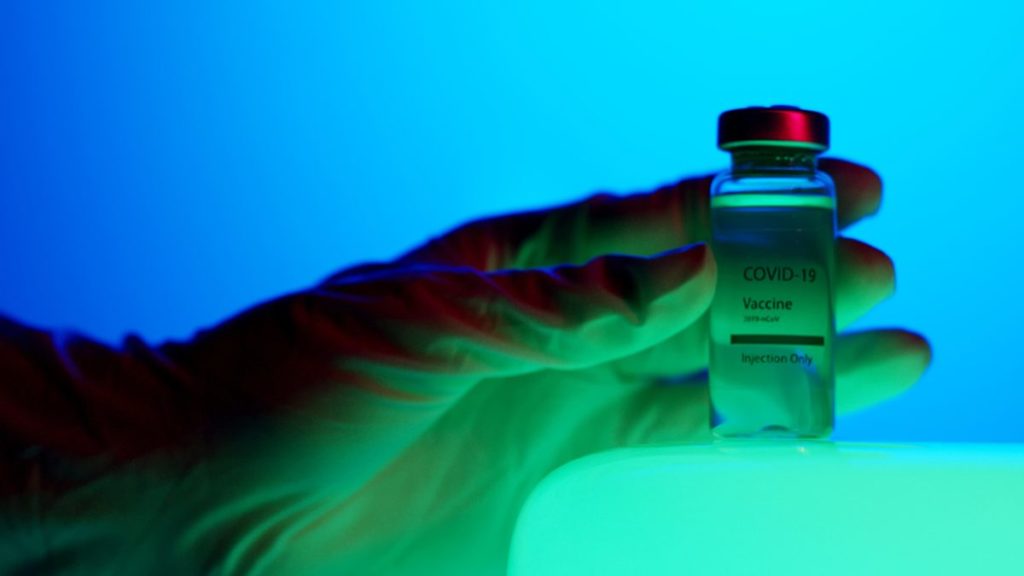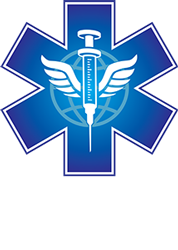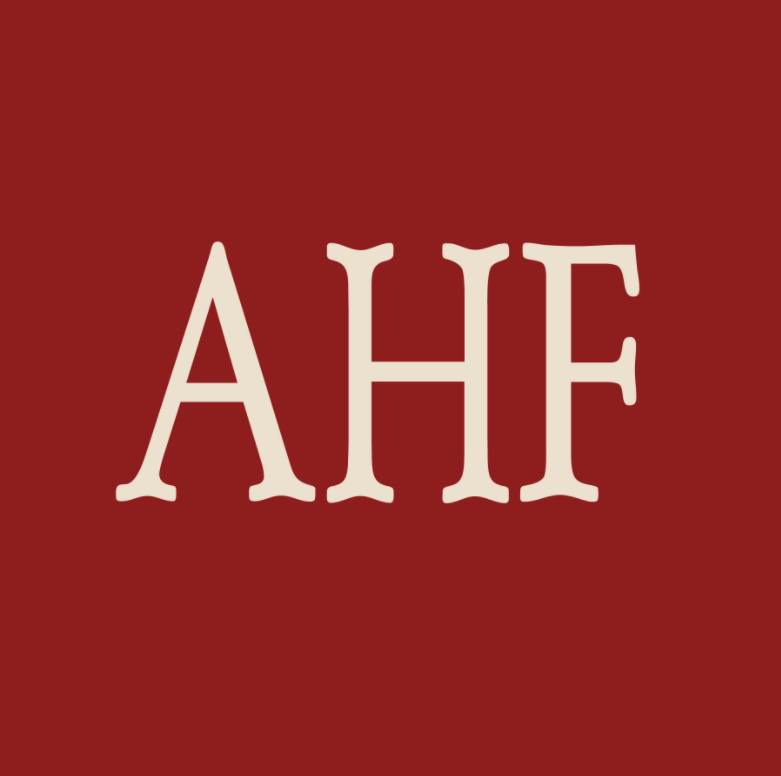
AHF calls on the United States President Joseph Biden to direct U.S. government representatives to vote in favor of temporarily waiving or suspending all COVID-19 vaccine patents at the upcoming World Trade Organization (WTO) General Council meeting this week. A vote by the U.S. and other wealthy nations against the waiver could mean millions more avoidable deaths, prolongation of the pandemic and a risk of new, more dangerous variants of the virus arising across the world.
“The answer is yes – yes, yes, yes,” those were the words President Biden used when activist Ady Barkan asked him in a video appeal if the United States would share COVID-19 vaccine technology with the world and ensure that no patents would stand in the way of countries and companies mass producing lifesaving vaccines. On May 5, 2021 – Mr. Biden has the chance to make good on his promise.
“Time is ticking for the world – the longer high-income countries like the U.S., U.K., Canada and European Union continue to listen to Bill Gates and block access to vaccine technology via the WTO, deadly virus strains gain strength and continue to spread globally,” said AHF President Michael Weinstein. “If we’re to stamp out COVID-19, vaccine production must be ramped up – and the only way for that to happen is for pharmaceutical companies to be mandated to put lives over profits. If there was ever a time for wealthy nations to do what is right – that time is now.”
For COVID-19 vaccine patents to be temporarily waived or suspended, all of the WTO’s 164 members (of which the majority are developing countries) must be in agreement. As of late April, 890 million vaccine doses had been administered worldwide – 81% were given in wealthy countries – and low-income countries received only 0.3%, according to the World Health Organization.
Contrary to what pharmaceutical companies would like the public to believe, taxpayers have funded the vast majority of existing COVID-19 innovation. Additionally, Jeffrey Sachs writes that patent waivers “could be carefully designed and targeted” and “should be temporary, say for five years.” At the start of the AIDS pandemic, the world waited more than 10 years to get access to patents for antiretroviral medicines to treat HIV – we cannot afford to make the same mistake with COVID-19 today.


